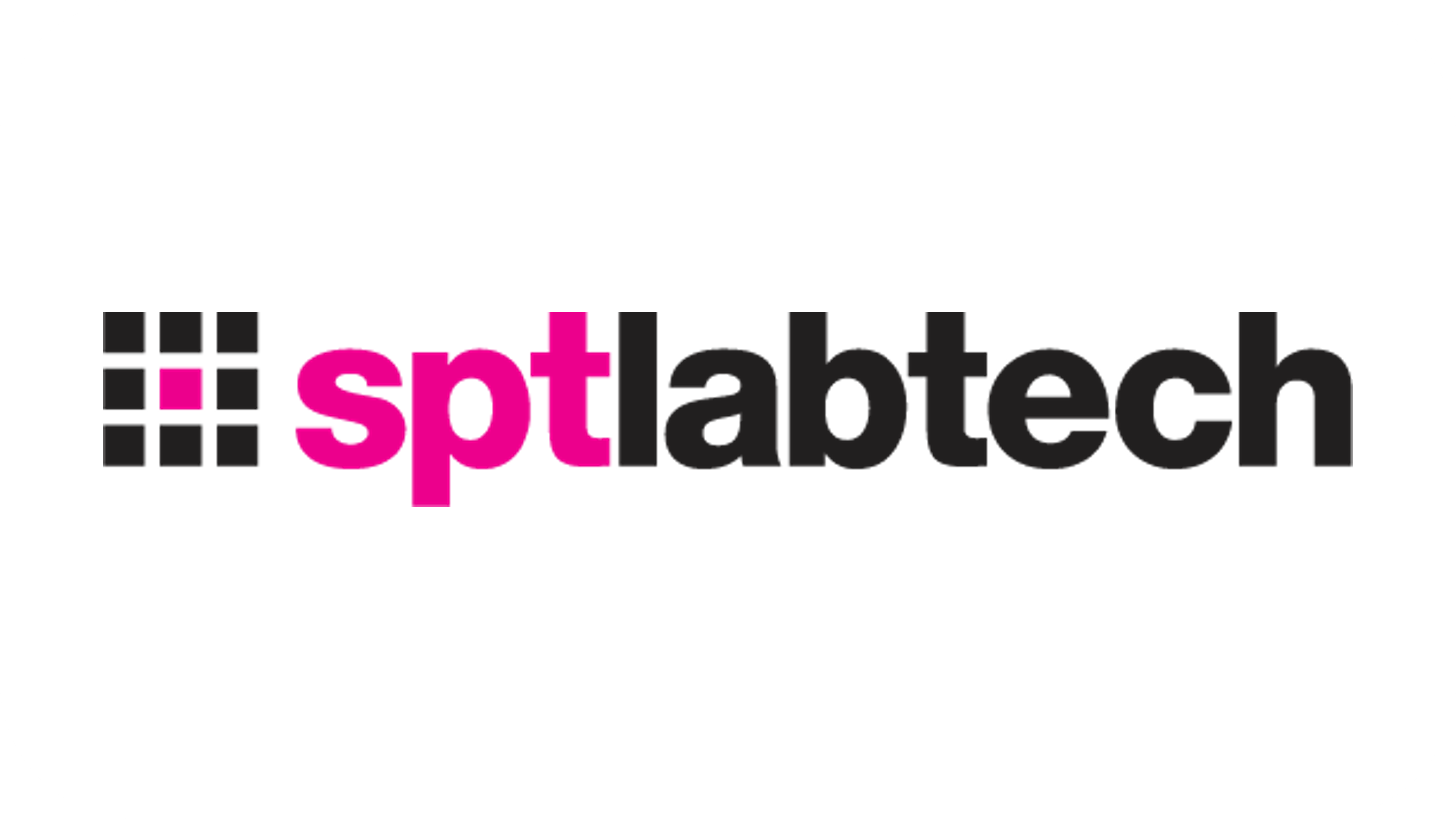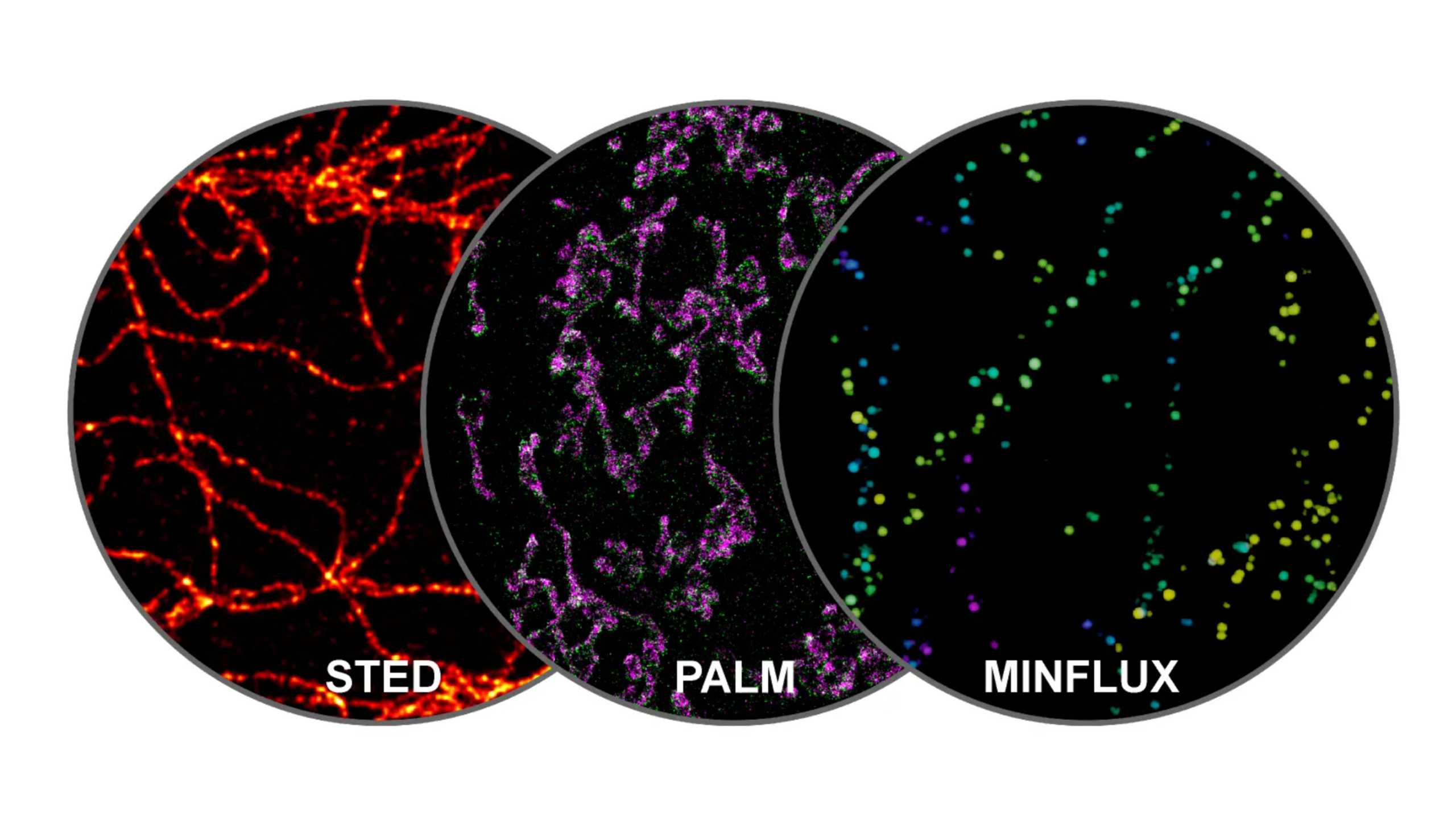Resistance mechanism in chronic lymphocytic leukemia identified

Researchers at the German Cancer Research Center (DKFZ) have succeeded in identifying a resistance mechanism that often occurs in a specific targeted therapy against chronic lymphocytic leukemia (CLL). The drug ibrutinib is effective in many cases, but therapy resistance often develops during the course of treatment. In cell culture experiments and in mice, the resistance mechanism was successfully overcome using a second drug.
The drug ibrutinib is a Bruton’s tyrosine kinase (BTK) inhibitor. These agents, which have only been available for about ten years, have significantly improved the treatment options for chronic lymphocytic leukemia: BTK inhibitors have a targeted effect on the malignant B cells in CLL. They slow down their uncontrolled proliferation by blocking the Bruton’s tyrosine kinase. This enzyme plays an important role in the maturation and proliferation of B cells.
Ibrutinib initially shows a good effect in many patients. However, the enormous adaptability of cancer cells enables them to become resistant to cancer drugs. As a result, the drug loses its therapeutic effect in almost all CLL patients over time, and the disease returns. The cancer cells become resistant and then grow even more aggressively than before. Alternative treatment options are urgently needed in this situation.
Are proteasome inhibitors the solution?
A research group led by Martina Seiffert from the German Cancer Research Center has been investigating the mechanisms that cause B cells to become resistant to ibrutinib. The team generated a mouse model of ibrutinib resistance in which the effect of the drug shows the same progression as in humans: Initially, it is highly effective, but as treatment continues, the disease returns and the malignant B cells proliferate rapidly. The researchers took leukemia cells from mice at various stages of this process and examined how genetic activity patterns and protein profiles in the cancer cells changed. This showed that changes occur in proteasome activity.
The proteasome is a cellular recycling system in which damaged proteins are broken down so that the building blocks can be reused. The altered activity of the proteasome during ibrutinib treatment suggests that the breakdown of proteins plays a role in the development of resistance. The use of proteasome inhibitors, which can be used to shut down proteasome activity, confirmed that this is the case.
In fact, the proteasome inhibitor carfilzomib led to longer survival in CLL mice with ibrutinib resistance. The researchers have apparently discovered a treatment option that is effective against ibrutinib-resistant CLL. The proteasome inhibitors also worked in cultured human B cells taken from CLL patients who were resistant to ibrutinib. These agents could therefore be an option in the future for the treatment of CLL patients who develop resistance to BTK inhibitors. The efficacy of this treatment option in CLL patients must now be tested in clinical trials.
Arseni, L et al: Longitudinal omics data and preclinical treatment suggest the proteasome inhibitor carfilzomib as therapy for ibrutinib-resistant CLL. Nat Commun 2025: 16, 1041. https://doi.org/10.1038/s41467-025-56318-7




